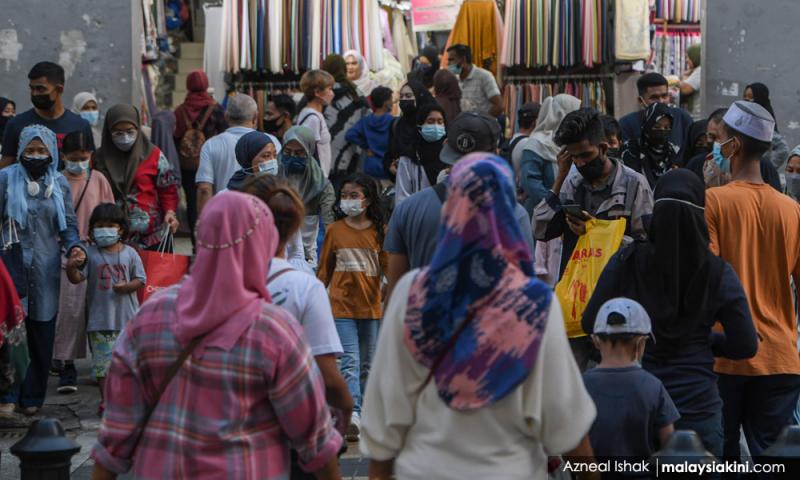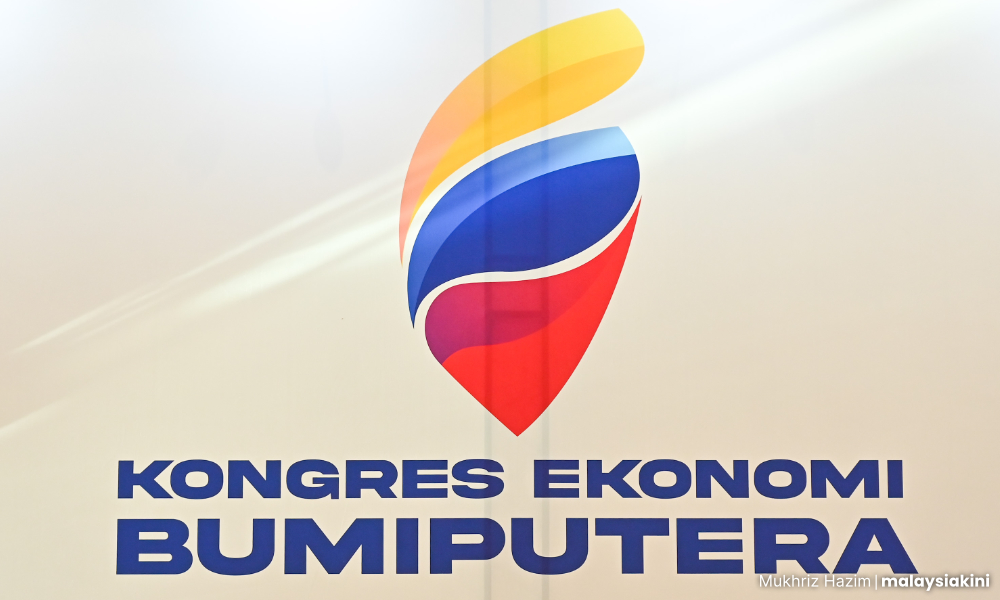
“Kedai Babi Murah is fine so long as sovereignty of Bahasa Malaysia is persevered”

SUCH seems to be the stance of some national language freaks in the wake of brouhaha over the Kuala Lumpur City Hall giving business owners in Jalan Imbi 14 days to remove signboards displaying only Chinese-language text which violates the 1982 Local Advertisement By-Law that requires the use of the national language.
This came about as human rights activist and lawyer Siti Kasim posted an all-Bahasa Malaysia signage bearing the wordings “Kedai Babi Murah” with a cheeky caption – “OK laaaa …. New signage with BM words duly approved. ” – on her Facebook page.
OK laaaa.... New signage with BM words duly approved. 😜
First thing first, one commenter did tick off the Orang Asli advocate for indecency with her insensitive post which “only reflects her hatred towards her own race”. But Siti Kasim rebutted that her post contains profound message “for those who use their brain to think”.

As the post expectedly sparked hilarious reaction of sorts, it was soothing to know that many supposedly Muslim netizens supported the said signage while dismissing concerns that they would feel insulted or that their faith “could be swayed by the tempting signage”.
In fact, they reckoned that the “Kedai Babi Murah” signage has somehow elevated the dignity of Bahasa Malaysia as the national language.




This is when some netizens highlighted that pork consumption or pork-related signages can be found in abundance in Sabah and Sarawak where their multi-faith folks live in harmony by holding on to their religious tolerance lifestyle.


One well-travelled commenter even shared that “big signages in Chinese is a common sight at China Towns or Asian Markets the world over”. She went on to relate her personal experience in Johannesburg (South Africa) whereby a shop displays a Chinese signage but its Chinese-African shop owner has an all-Black African staff.

Predictably, one commenter is doubtful that the “Kedai Babi Murah” signage would stay for long as the national language policy could soon be overwhelmed by political concerns “over open selling/consumption of pork”.

The bottom line is, as one netizen sensibly put it, this is not an appropriate way to dignify the Bahasa Malaysia as the national language.
“There are just a few who hate seeing the use of Mandarin. Just like they hate seeing the Chinese flag. But they don’t have an issue with flags of other nations.” – Nov 29, 2024














